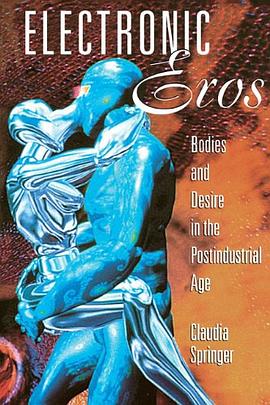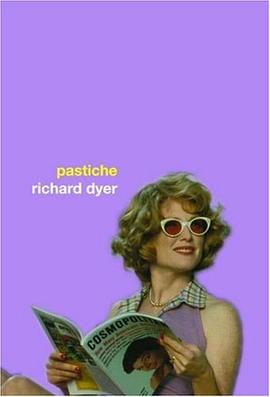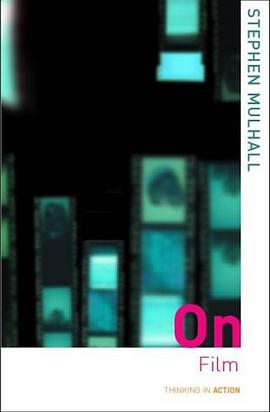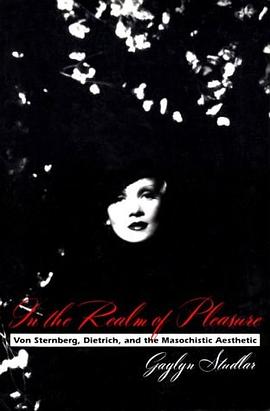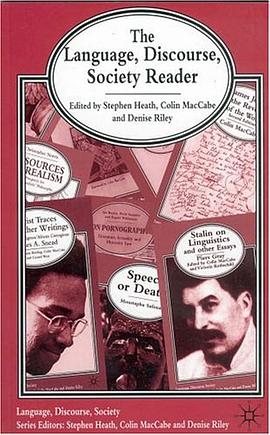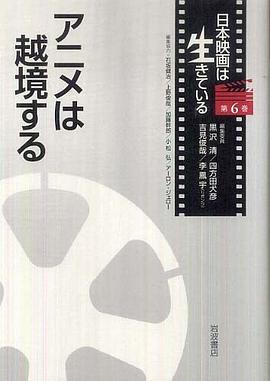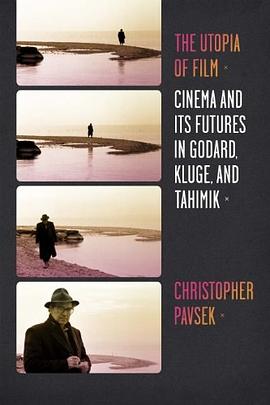

具體描述
The German filmmaker Alexander Kluge has long promoted cinema's relationship with the goals of human emancipation. Jean-Luc Godard and Filipino director Kidlat Tahimik also believe in cinema's ability to bring about what Theodor W. Adorno once called a "redeemed world." Situating the films of Godard, Tahimik, and Kluge within debates over social revolution, utopian ideals, and the unrealized potential of utopian thought and action, Christopher Pavsek showcases the strengths, weaknesses, and undeniable impact of their utopian visions on film's political evolution. He discusses Godard's Alphaville (1965) against Germany Year 90 Nine-Zero (1991) and JLG/JLG: Self-portrait in December (1994), and he conducts the first scholarly reading of Film Socialisme (2010). He considers Tahimik's virtually unknown masterpiece, I Am Furious Yellow (1981--1991), along with Perfumed Nightmare (1977) and Turumba (1983); and he constructs a dialogue between Kluge's Brutality in Stone (1961) and Yesterday Girl (1965) and his later The Assault of the Present on the Rest of Time (1985) and Fruits of Trust (2009).
著者簡介
圖書目錄
讀後感
評分
評分
評分
評分
用戶評價
相關圖書
本站所有內容均為互聯網搜索引擎提供的公開搜索信息,本站不存儲任何數據與內容,任何內容與數據均與本站無關,如有需要請聯繫相關搜索引擎包括但不限於百度,google,bing,sogou 等
© 2025 book.quotespace.org All Rights Reserved. 小美書屋 版权所有



